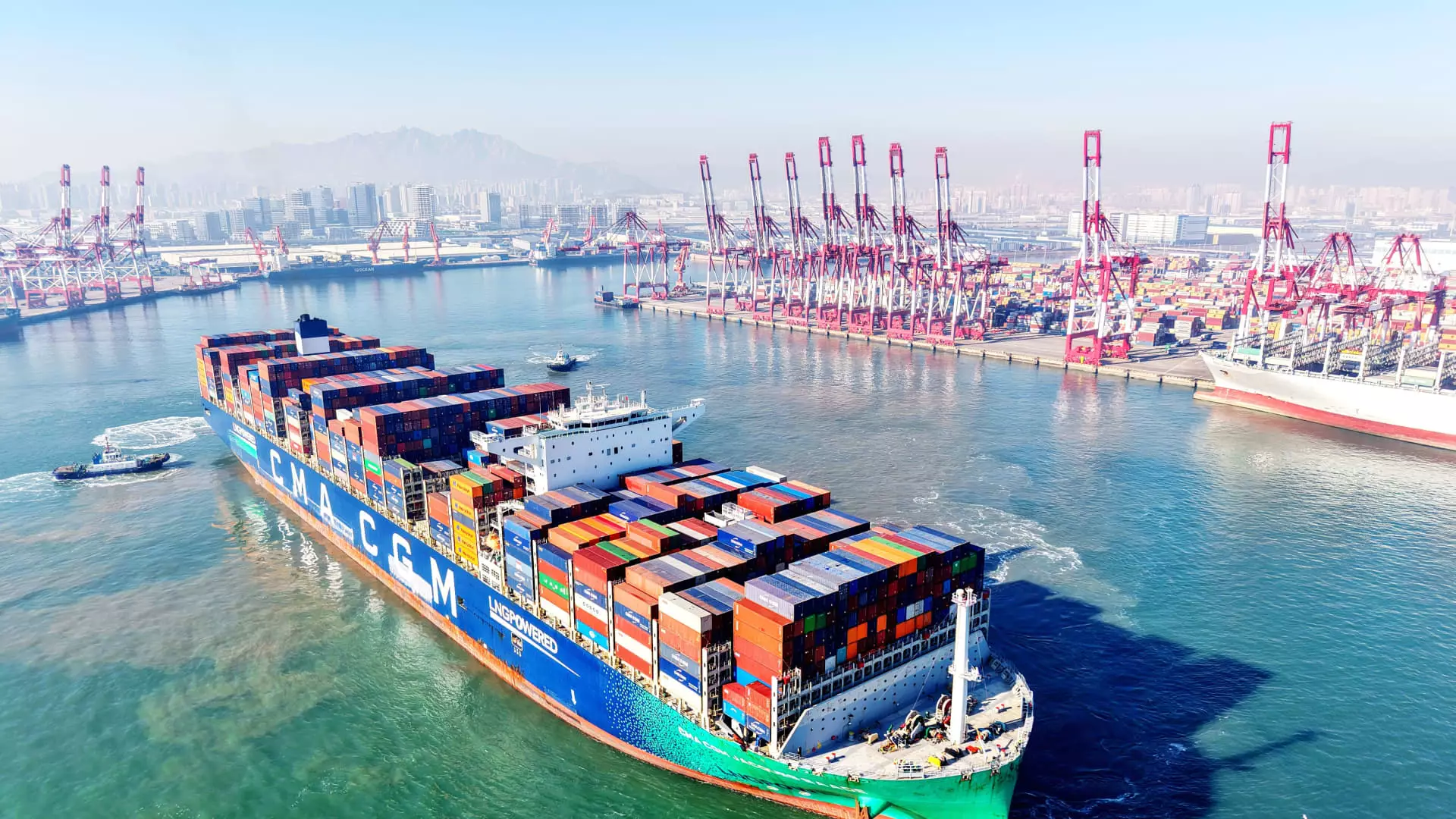In the complex landscape of Chinese financial markets, investors have found the current environment disconcerting yet promising, mainly due to fluctuating tariffs, government stimuli, and varying yields. The labyrinth of these economic forces indicates that despite challenges, specific sectors present lucrative opportunities, especially for yield-seeking investors.
The trend of declining government bond yields has reshaped investment sentiment among traders and institutions alike. Recent reports indicate that the 10-year yield on central government bonds in China has dropped to record lows, hovering around 1.58% and consistently remaining low. As a result, equity strategists are turning their gaze towards high-yielding mainland stocks. Citigroup analysts in particular highlighted that these yield plays have become significantly more attractive, as the yield on government bonds has fallen well below the yields offered by stocks. As yields from traditional fixed-income bonds diminish, long-term investors are increasingly favoring dividend stocks as a way to enhance returns.
Navigating this landscape, companies such as Yutong Bus—an electric bus manufacturer listed in Shanghai—along with Gree Electric Appliances and Ping An Bank emerging from Shenzhen, have captured attention. These companies not only showcase resilience but also provide attractive dividends ranging between 4% to 6%, starkly contrasting with the sub-2% yield available from government issuances. Analysts emphasize the growing preference for high-yield stocks amidst stagnant economic growth, marking a shift in investment strategies.
Concerns Amidst Promising Dividends
Despite the attractiveness of higher dividends, the sustainability of these yields raises concerns. The dependency of certain sectors—such as banks and home appliances—on shared commodity prices could spell trouble, particularly if their dividends are unsupported by underlying performance. The fluctuating commodity prices due to external factors, including tariffs, could jeopardize the consistency of these yields.
The impending tariffs announced by the United States, under President-elect Donald Trump, add another layer of uncertainty. Analysts predict that additional tariffs of at least 10% on Chinese goods could emerge as soon as the second quarter of the year, potentially resulting in a 6% decrease in exports and a 1% decline in China’s GDP. The ramifications of such tariffs could weigh heavily on the stock market’s short-term performance. Investors find themselves torn between capitalizing on attractive dividend yields while cautiously weighing market volatility induced by global economic policies.
A vital element in steering the market is the role of government policy and intervention. Insights gathered from dialogues with Chinese officials indicate a collective ambition to achieve steady economic growth, balancing the weight of external tariffs and bolstering domestic stimulus. Strategies being proposed include cuts to interest rates and reserves, which may provide a breathing space for economic activities, encouraging the flow of capital within the market. The anticipated stimulative measures around March, coinciding with parliamentary discussions on fiscal policy adjustments, are pivotal.
Nonetheless, the trajectory towards addressing the persistent challenges in deflation becomes crucial. The reported 5% GDP growth for 2024—a figure closely aligned with governmental targets—masks the reality of deflationary pressures that reveal a more modest rise of approximately 4.2% when adjusted for price fluctuations. This revelation underscores the urgent need for effective fiscal strategies and targeted support for key segments, notably the real estate market, where many investors retain considerable exposure and interest.
The interplay between declining bond yields, emerging tariffs, and governmental strategies creates a multifaceted environment for investors in the Chinese market. While high-yield stocks present significant allure, particularly in the current climate saturated with low yields, investors must remain vigilant. The evolving economic landscape will necessitate a thorough analysis of both external influences and domestic policy shifts. Therefore, a discerning approach to investment—wherein one manages risks while exploring yield potential—will ultimately be pivotal in navigating this complex economic terrain. Balancing optimism with caution may well define successful investment strategies in the months ahead.

